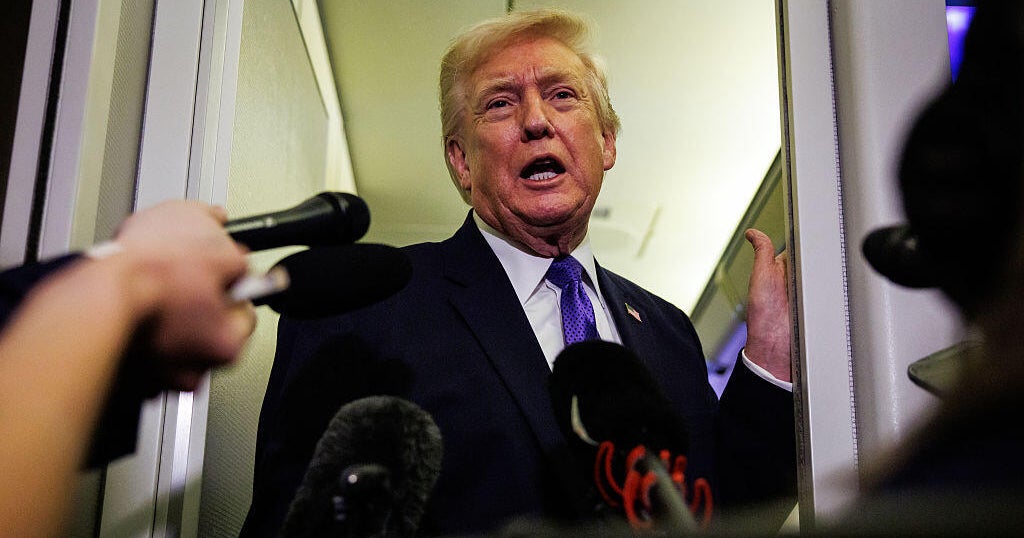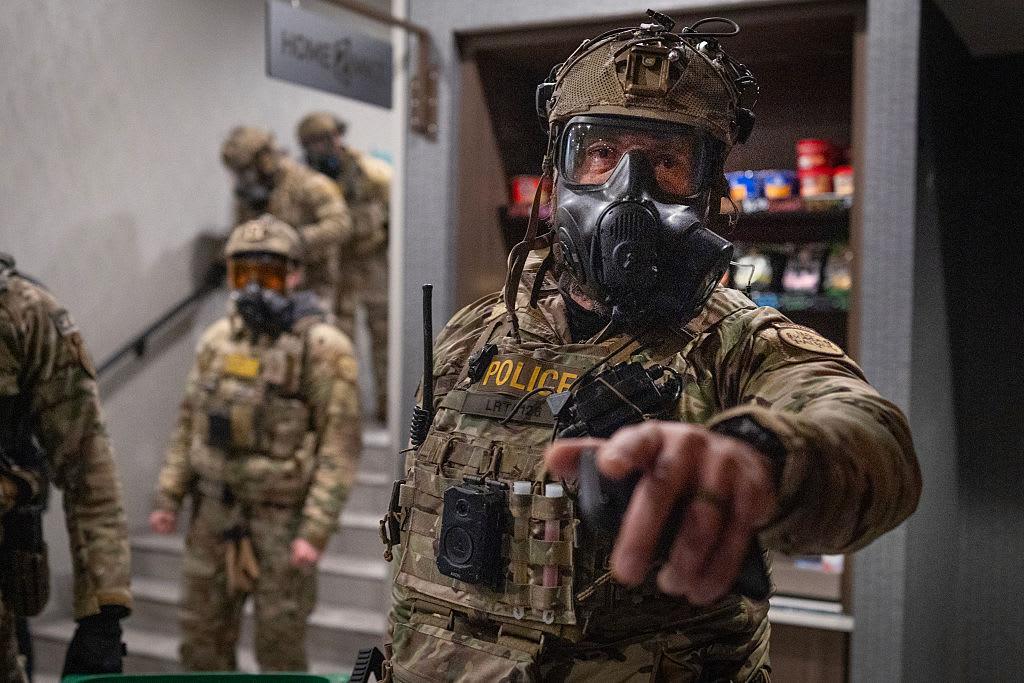Decision to halt joint military exercises with South Korea "very reversible," Winnefeld says
After a historic meeting with North Korean leader Kim Jong Un, Secretary of State Mike Pompeo is in Seoul to meet with South Korean President Moon Jae-in. They will discuss President Trump's decision to halt what he called "war games," or joint military exercises. That move surprised Seoul, along with top Pentagon officials and members of Congress.
It's a decision that could turn on a dime, however, according to CBS News military and homeland security analyst Sandy Winnefeld, a retired Navy admiral and former vice chairman of the Joint Chiefs of Staff. Winnefeld said the important question in negotiations is: "Are we going to trade reversible for reversible, and irreversible for irreversible, or are we going to try to get the better side of that?"
"And in this case, it's a big deal to trade something like this, but it's also very reversible. You could snap your fingers and do an exercise tomorrow if [Defense Secretary] Jim Mattis says so," Winnefeld said Wednesday on "CBS This Morning."
Winnefeld explained the "high-level joint exercises" serve two purposes.
"The first one obviously is deterrence. They've worked very well for decades in deterring North Korea from attacking the South," Winnefeld said. "As part of that, the second thing is that they allow two nations, militaries, that come from different cultures, speak different languages, to prepare for combat together in this 'katchi-kapshida,' which means, 'we go together' mode in potential high intensity combat environment that can happen on short notice in a very short space. They're very important."
But Winnefeld said he's "cautiously optimistic" about the first meeting between Mr. Trump and Kim.
"I think this was a pretty good start to a good future. The question now is what comes next? This was easy compared to what comes next in terms of the very, very difficult negotiations in terms of dismantling this capability in a phased process. It's going to have to be phased," Winnefeld said. "We're going to have to very carefully, again, trade reversible for reversible and not fall into the same trap we might have fallen into in the past."
While Mr. Trump tweeted Wednesday that North Korea is "no longer a Nuclear Threat [sic]," Winnefeld said "the capability is still there and everybody knows it."
"Perhaps the intent on North Korea's part to use these weapons has been modulated a little bit by this particular event that's just happened, but as a military person, you always take capability in mind, and that's what this negotiation is going to be all about, dismantling that capability," Winnefeld said.
Mr. Trump also told reporters on Tuesday he wants to bring American soldiers in the Korean Peninsula back home "at some point," but Winnefeld pointed to China's desire to diminish U.S. influence in the region.
"It would be wise to keep [U.S.] presence there as a counterbalance to some other players in the region who might be problematic," Winnefeld said.



